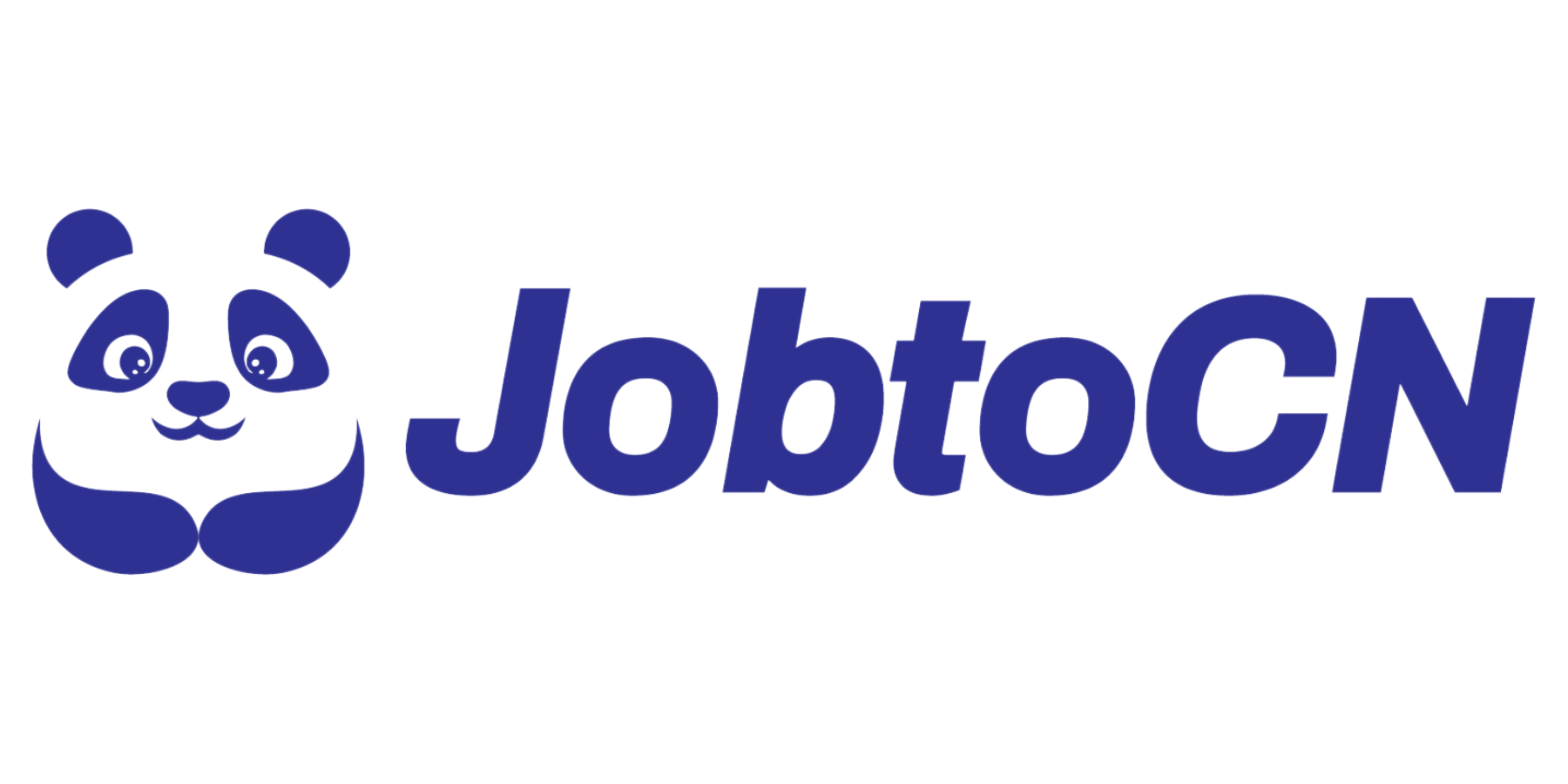As we move further into 2024, the workplace landscape continues to evolve rapidly, influenced by technological advancements, changing societal norms, and the ongoing effects of the global pandemic. Here are the key trends that are reshaping how we work, where we work, and the nature of work itself.
1. Hybrid Work Models
The hybrid work model, which combines remote and in-office work, has gained significant traction. According to Forbes, more companies are adopting this flexible approach to meet the diverse needs of their workforce. This model helps in striking a balance between productivity and work-life balance, catering to employees’ preferences for flexibility while maintaining team cohesion and collaboration.
2. Employee Well-being and Mental Health
Employee well-being, particularly mental health, has become a focal point for employers. The Harvard Business Review emphasizes the importance of creating supportive environments that prioritize mental health resources and initiatives. Companies are implementing comprehensive wellness programs, offering mental health days, and providing access to counseling services to ensure a healthy, productive workforce.
3. Technological Integration
The integration of advanced technologies like artificial intelligence (AI) and machine learning (ML) is transforming workplaces. These technologies are being used to automate routine tasks, enhance decision-making processes, and improve overall efficiency. Exploding Topics highlights how AI-driven tools are revolutionizing industries, from customer service chatbots to predictive analytics in human resources.
4. Upskilling and Continuous Learning
With rapid technological advancements, the need for upskilling and continuous learning is more critical than ever. Companies are investing in training programs to help employees stay competitive in an ever-evolving job market. Penn Foster underscores the importance of lifelong learning and professional development opportunities to keep pace with industry changes and innovations.
5. Diversity, Equity, and Inclusion (DEI)
Diversity, Equity, and Inclusion (DEI) initiatives are at the forefront of organizational priorities. Businesses are recognizing the value of diverse teams and are making concerted efforts to create inclusive work environments. According to Forbes, inclusive practices not only foster innovation but also enhance employee satisfaction and retention.
6. Remote Work Technology
The proliferation of remote work technology continues to support the shift towards flexible work arrangements. Tools like video conferencing, project management software, and collaboration platforms are essential for maintaining productivity and connectivity among remote teams. Google Ad Services notes the increasing reliance on these technologies to bridge geographical gaps and enhance remote work experiences.
7. Sustainable Business Practices
Sustainability is becoming a core focus for many organizations. There is a growing emphasis on adopting environmentally friendly practices and promoting corporate social responsibility. Exploding Topics points out that consumers and employees alike are holding companies accountable for their environmental impact, leading to more sustainable business operations.
8. The Gig Economy and Freelance Work
The gig economy is expanding as more professionals seek flexible work arrangements. Companies are leveraging freelance talent to fill skill gaps and manage fluctuating workloads. Harvard Business Review discusses the benefits of integrating freelancers into the workforce, including cost savings and access to a broader talent pool.
9. Cybersecurity and Data Privacy
With the increase in remote work, cybersecurity and data privacy have become paramount concerns. Companies are investing in robust security measures to protect sensitive information and ensure compliance with data protection regulations. Forbes highlights the importance of safeguarding digital assets to maintain trust and integrity in the digital age.
10. Flexible Workspaces
The concept of flexible workspaces is gaining popularity as companies recognize the need for adaptable office environments. Co-working spaces and hot-desking are becoming common, providing employees with the flexibility to choose their work setting. Google Ad Services emphasizes the benefits of these flexible arrangements in promoting employee satisfaction and reducing operational costs.
Conclusion
The workplace of 2024 is being shaped by trends that prioritize flexibility, well-being, technological integration, and sustainability. As companies navigate these changes, embracing these trends can lead to a more productive, satisfied, and resilient workforce. Staying ahead of these trends is crucial for businesses to remain competitive and successful in the ever-evolving global market.
Join the Future with JobtoCN
At JobtoCN, we specialize in connecting global talent with premier career opportunities in top Chinese enterprises expanding overseas. As Chinese companies venture into international markets, they bring innovative products and dynamic career opportunities to the international market. Whether you’re looking for full-time positions or freelance gigs, JobtoCN is your gateway to joining cutting-edge projects and benefiting from the rapid growth of Chinese enterprises. Explore the possibilities and take your career to new heights with JobtoCN. Visit our platform today and discover how you can be part of the future.
